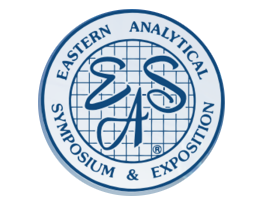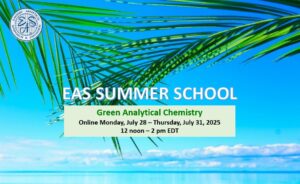One-Day Course
Monday, November 17; 8:30am – 5:00pm
Dr. Merlin Bicking, ACCTA, Inc., St. Paul, MN
COURSE DESCRIPTION
We all need to analyze our acquired HPLC data, but there is surprisingly little information and training available. This course will help new and intermediate-level analysts get started and become more efficient with their Data Analysis activities. We focus on the three critical aspects of chromatographic Data Analysis – examining your chromatography, integrating the peaks of interest, and using calibration standards to calculate the quantities of our analytes. Serious analytical errors can result from a failure to follow best practices in any of these three activities. Real-world examples are used throughout this course to help teach these concepts.
WHO SHOULD ATTEND
New and intermediate-level analysts will see the most benefit from this course. In addition, anyone who reviews chromatography data and results should also understand these issues. Supervisory staff can benefit from a deeper understanding of the Data Analysis process.
TOPICS
1 Getting Started with Data Analysis
- What are my goals?
- How to Read a Chromatogram
2. Initial Data Processing – Integration
- How do integration programs work?
- How should I integrate poorly resolved peaks?
o Integration baseline options
o Integration errors can be large if you make the wrong choice
o General recommendations - Dealing with complex patterns
3. Data Processing – Calibration
- Why do we calibrate?
- Calibration basics and options
- How do I evaluate my calibration curve?
- Real-world data sets
- o Troubleshooting results problems

ABOUT THE INSTRUCTORS
Dr. Merlin K. L. Bicking (Course Director) is President and Senior Analytical Scientist, ACCTA, Inc. He has extensive analytical chemistry experience in academia, contract research, independent testing laboratories, consulting, and technical training. In his 40+ years as an analytical chemist, he has visited over 500 laboratories, where he developed numerous methods in regulated and non-regulated industries. His publications and presentations cover a wide range of topics, including liquid chromatography theory, derivatization, sample preparation, method optimization, and the use of experimental design strategies in analytical chemistry. A recent focus has been to help train the next generation of chromatographers, helping new users better understand their hardware and software. He also develops and presents technical training seminars for analytical laboratory staff.

